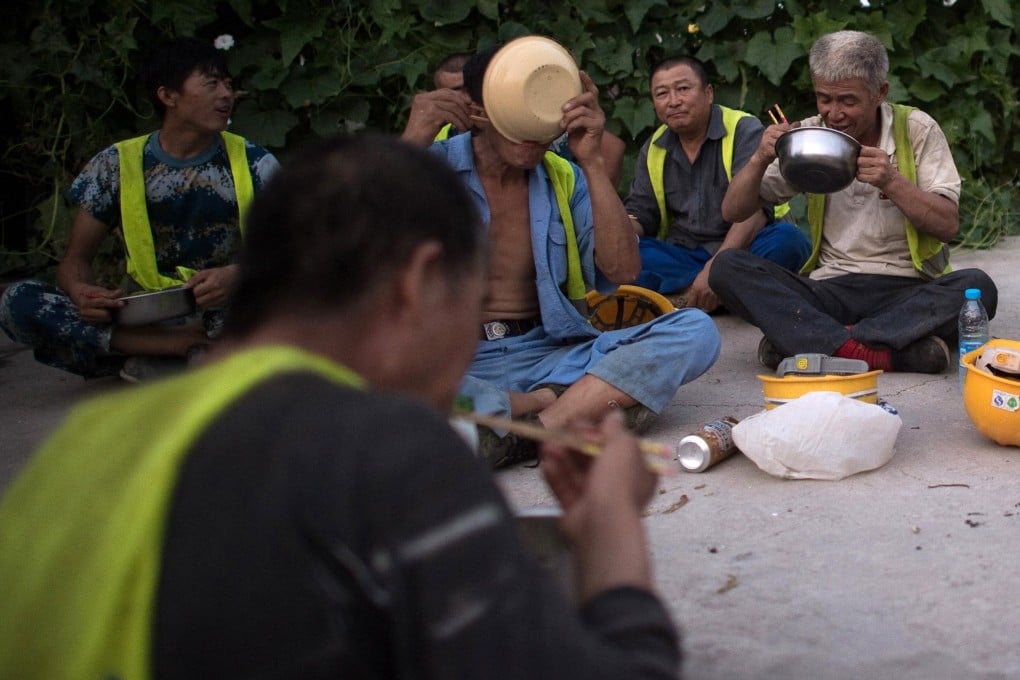China’s migrant workers challenging the status quo by chasing their dreams, bucking stereotypes
- Social media enthralled by story of 31-year-old migrant who taught himself English, translated a philosophy book and found he could make a living without manual labour
- New generation of migrant workers is no longer tasked with lifting their families out of poverty, and many are looking to carve out their own lives in big cities

In the past couple of months, a 31-year-old migrant worker has gained notoriety in China for teaching himself English and immersing himself in philosophical studies while doing blue-collar work for more than a decade.
When he was not toiling away in garment factories, warehouses and printing houses, Chen Zhi translated a version of American academic Richard Polt’s Heidegger: An Introduction – considered one of the most authoritative explorations of German philosopher Martin Heidegger’s work – into Chinese.
His effort drew widespread attention online when he asked for suggestions on how to publish his work, and this ignited public discussions across various social classes – from white-collar workers and university students to his peers on the factory assembly line.
I hope people can see that working-class people who live at the foot of the social ladder also have opportunities and the determination to do things
Chen Zhi’s story has also led some people to re-evaluate how they perceive China’s migrant workers.
